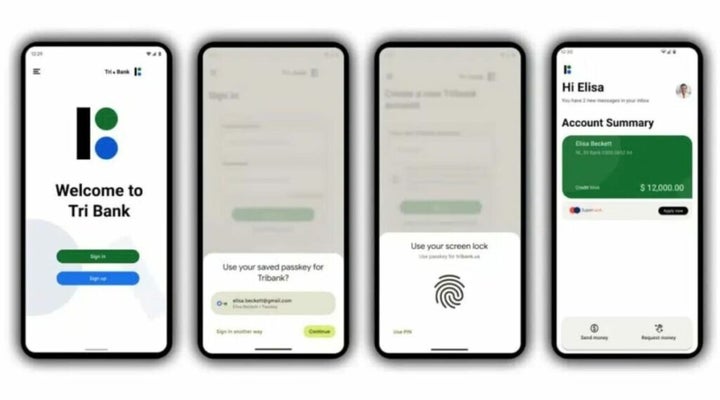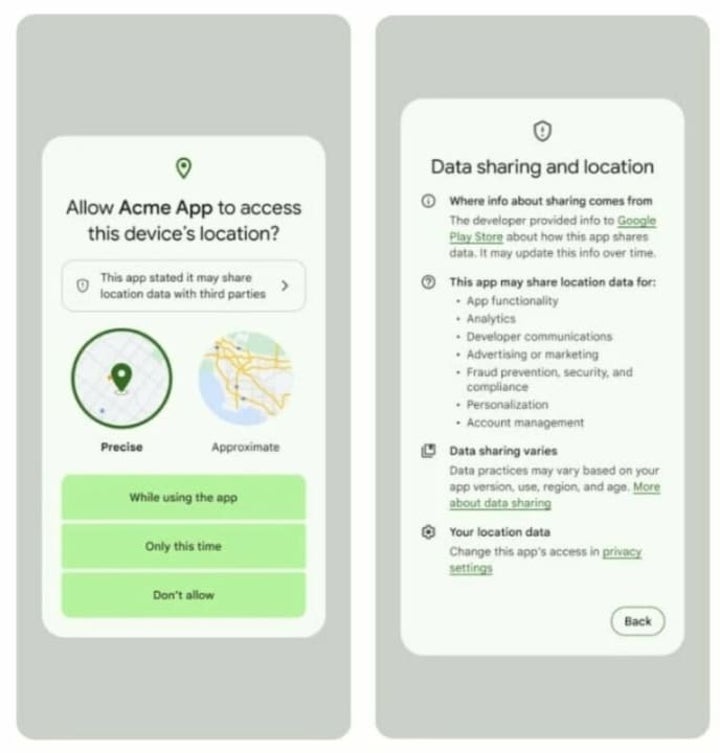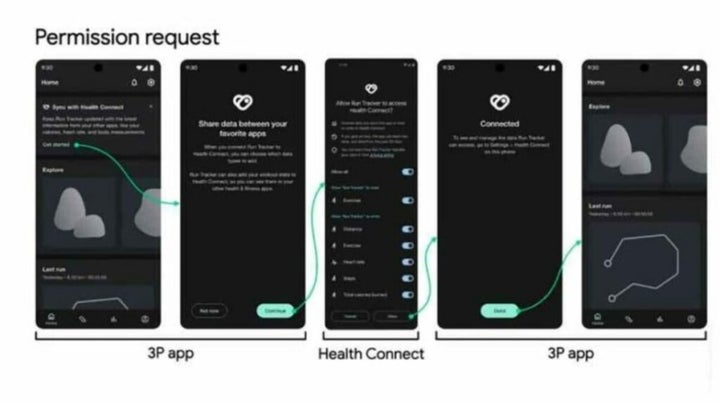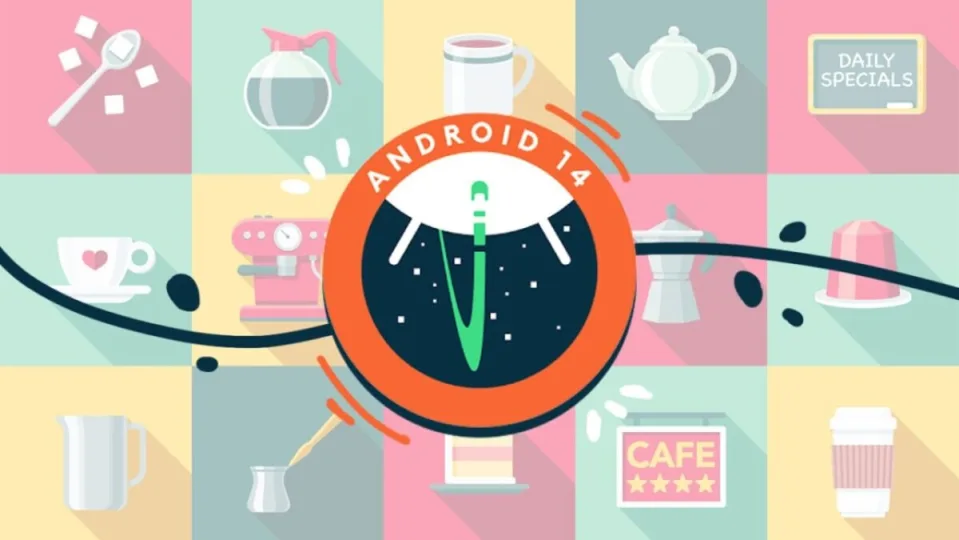Google I/O 2023 has brought us many exciting announcements. The annual Google conference for developers, where the company unveils its upcoming software and hardware products, showcased several highlights including the highly anticipated Pixel Fold, which can be pre-ordered in certain regions for $1,800; AI integrations in Google Workspace, and new AI-powered features for Google search.
And, although it went somewhat unnoticed due to the overwhelming number of major announcements, there were also many new features revealed about Android 14, Google’s upcoming mobile operating system. The successor to Android 13 is making a big impact, and here are some of the major improvements it will include.
Goodbye to passwords
There are two major security innovations in Android 14. First, we have integration with Google Passkeys. This feature allows you to use a device as a “master key” to log in to websites and apps, requiring a biometric identification system, such as the user’s fingerprint.

This feature would be added to the built-in credential manager that Android 14 will include, allowing users to save and use passwords for websites and apps, as well as the Passkeys themselves, so that they never have to remember a password again.
More control over the data shared by apps
As of today, many apps in one way or another use your personal data. While some apps use it only to “enhance the device experience” (with the intention of updating and improving the app), others go as far as selling your data to advertisers or data management companies without your knowledge. That is about to change (or so we hope).

A new feature in Android 14 will send you a monthly notification when Google detects that your installed apps have changed their data sharing practices. In addition, your device will warn you when apps ask for permission to share your location, with the message “this app has declared that it may share location data with third parties”.
Google cares about your health
Towards the end of last year, Google launched Health Connect, an app that replaces the previous Google Fit and allows various health and fitness-related apps to access data from your device (and vice versa). While previously the app had to be downloaded separately from the Play Store, in Android 14 it will come pre-installed and fully integrated into the system.

According to Google, “starting from Android 14, Health Connect is part of the platform and receives updates through the Google Play system, without the need to download it separately.” The use of health monitoring apps is becoming increasingly widespread, so integrating this app into Android 14 seems like a logical step to make users’ lives easier.
Various functions for third-party camera apps
Android 14 will include three functions that developers can leverage to create or update their camera apps. The first one is “zoom in-sensor”, which will enable camera apps to make use of the advanced capabilities of the sensor to provide a cropped RAW sequence with the same pixels as the full field of view.

Secondly, Camera Extensions will allow apps to handle longer processing times, enabling improvements in image quality using computationally intensive algorithms such as low-light photography on compatible devices. And finally, a Document Scanner API will empower camera apps to scan text documents for digitization purposes.
Some of the links added in the article are part of affiliate campaigns and may represent benefits for Softonic.


